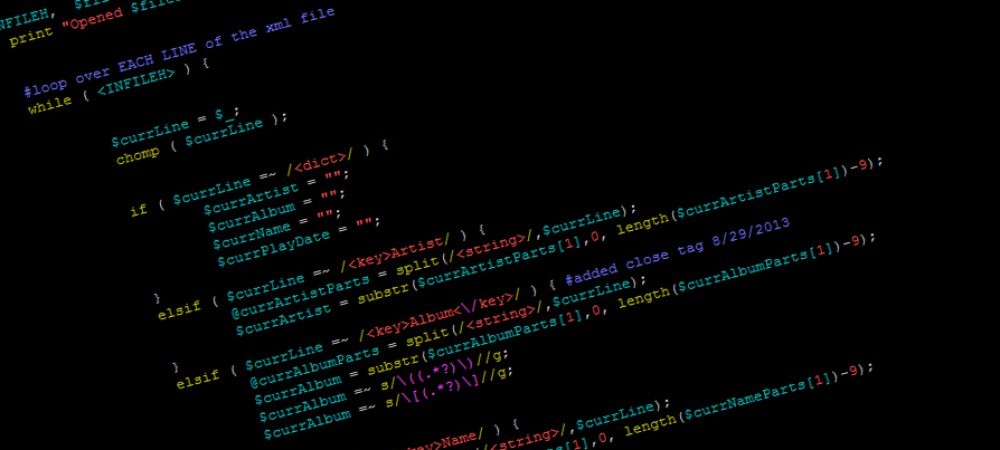 Between the World and Me
Between the World and MeTa-Nehisi Coates
This is an important book.
An epistolary non-fiction book, Coates writes to his son about what it was to grow up as a black person in West Baltimore, MD and beyond.
As a white person of certain privilege (white, male, not poor) it hit hard. It comes in the middle of the BLM (Black Lives Matter) protest movement, and the constant stream of news that is “…if he/she wasn’t black…” news.
Coates is way smarter than me; he is also resentful of me (white, Ivy League), but balanced.
This book is – to totally trivialize it – the book equivalent of 12 Years a Slave. A slap in the face of what being black in America is. A reality check.
The movie focused on pre-Civil War norms; this book focuses on the post Civil Rights America, and how that has … improved, but not at all fixed the life of the average black American.
Sigh.
Yes, ater reading Ta-Nehisi Coates’ book, I wrote my mini-review of the book — see sidebar, or see all Top [more than] 10 Lists (everyone loves lists!).
But this book – to me – resonated more than the simple review reflected.
It’s an important book.
Why?
Because Coates outlines, in painful – but not hyperbolic – detail what it is like to grow up black.
Specifically, West Baltimore, MD, in the 70s and 80s (Coates was born in 1975). A decade after The March on Washington.
It’s not pretty, especially since we are – today – 150 years beyond the Civil War; 50 years beyond the march on Washington.
Black individuals – Freddie Grey, Walter Scott, Tamir Rice, Michael Brown, Eric Garner, Sandra Bland – that were pulled over/choked/shot because, it seems, they were black.
They were judged, not by the content of their character, but by the color of their skin.
The Trump campaign/presidency has, basically, allowed racists to speak up. It’s done this by the candidate/president regularly using xenophobic, misogynist and – at best – borderline racist comments. If the president can say this, so can we, right?
I’m not saying Trump caused the uptick in, well, basically hateful language (and some actions, such as mosque bombings), but he created an environment in which is was OK to say things we wouldn’t have said out loud before. And this shows how far we have not come.
Maybe this unmasking, this “laying the cards on the table” is a good thing, as we’re not pretending to just all get along anymore, but it’s – to me – damn frightening to see/hear/read.
I’m reading a new book of essays by Teju Cole – I read a review of him about a year or so ago. Bought the book; reading same.
Book: Known and Strange Things; essay “Black Body”
The news of the day (old news, but raw as a fresh wound) is that black American life is disposable from the point of view of policing, sentencing, economic policy, and countless forms of disregard. There is a vivid performance of innocence, but there’s no actual innocence left. The moral ledger remains so far in the negative that we can’t even get started on the question of reparations.
Can agree to disagree, but what Cole spells out is what Coates spells out, to a different degree – but both agree that to be black in America is an extra burden that you would NOT have if you were not black.
Again, 150 years after the Civil War, I agree.
And while that makes me mad (oh, enlightened white dude!), it still keeps “[verb -driving|walking|ordering fast food|etc] while black” individuals in the US at risk, and I really don’t know what to do about that.
